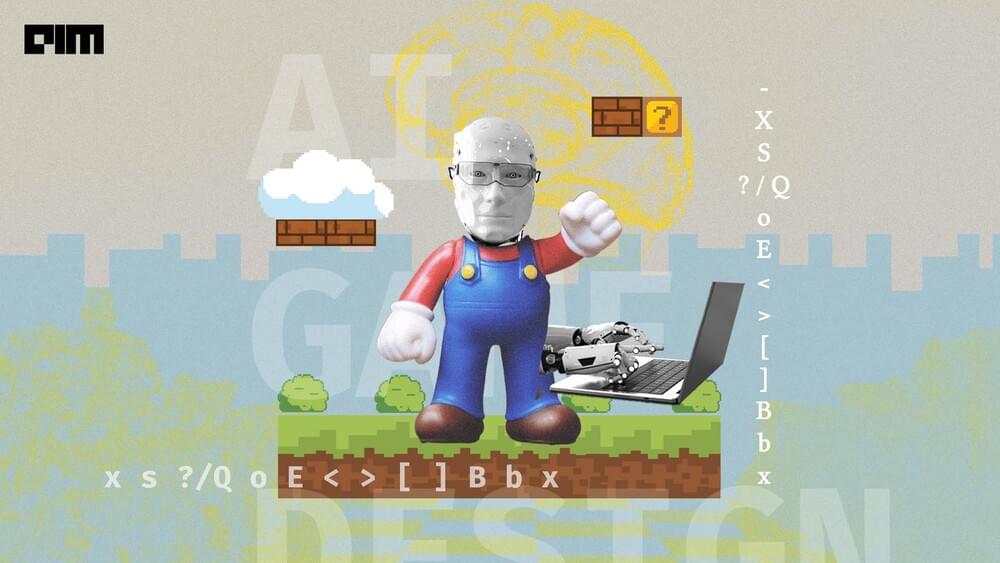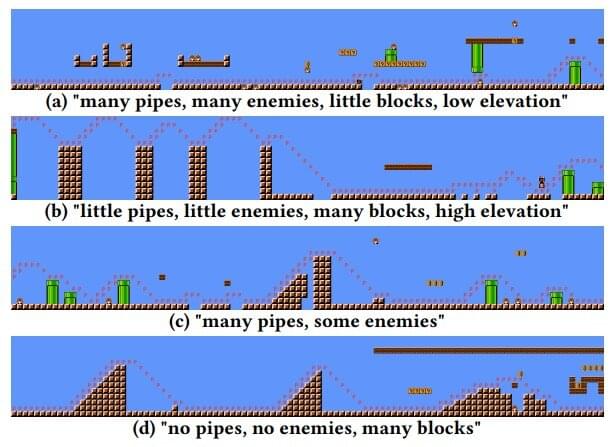Science fiction films love to show off huge leaps in technology. The latest Avatar movie features autonomous, spider-like robots that can build a whole city within weeks. There are space ships that can carry frozen passengers lightyears away from Earth. In James Cameron’s imagination, we can download our memories and then upload them into newly baked bodies. All this wildly advanced tech is controlled through touch-activated, transparent, monochrome and often blue holograms. Just like a thousand other futuristic interfaces in Hollywood.
When we are shown a glimpse of the far future through science fiction films, there are omnipresent voice assistants, otherworldly wearables, and a whole lot of holograms. For whatever reason these holograms are almost always blue, floating above desks and visible to anyone who might stroll by. This formula for futuristic UI has always baffled me, because as cool as it looks, it doesn’t seem super practical. And yet, Hollywood seems to have an obsession with imagining future worlds washed in blue light.
Perhaps the Hollywood formula is inspired by one of the first holograms to grace the silver screen: Princess Leia telling Obi-Wan Kenobi that he is their only hope. Star Wars served as an inspiration for future sci-fi ventures, so it follows that other stories might emulate the original. The Avatar films have an obvious penchant for the color blue, and so the holograms that introduce us to the world of Pandora and the native Na’vi are, like Leia, made out of blue light.





